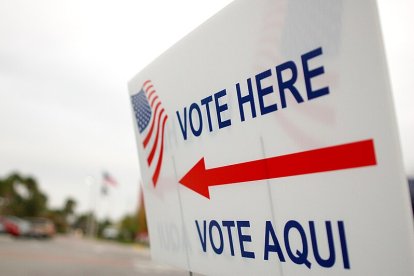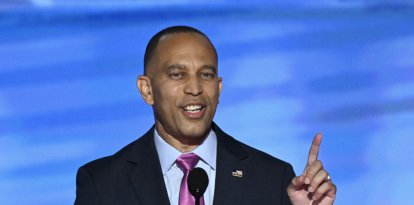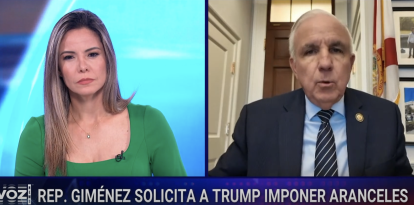Georgia judge rules that election officials may not refuse to certify results
Robert McBurney's ruling came in response to a lawsuit by Julie Adams, a Fulton County Board of Registration and Elections member.

The ruling was written by Judge Robert McBurney/ Erik (HASH) Hersman.
Election officials in Georgia will not be able to delay or refuse to certify the results of the presidential election in November. So ruled Fulton County Superior Court Judge Robert McBurney, who responded to a lawsuit by Republican Julie Adams, a Fulton County Board of Registration and Elections member.
The 11-page ruling, issued by McBurney less than a month before the presidential election, speaks of a "mandatory fixed obligation to certify election results." For all practical purposes, they cannot be denied even based on suspicions of fraud, error or abuse by the authorities.
"Consequently, no election superintendent (or member of a board of elections and registration) may refuse to certify or abstain from certifying election results under any circumstance," he added.
Adams filed a lawsuit in Fulton County after refusing to join the board in certifying the results of two primaries earlier this year. According to Adams' filing, he was denied the right to examine election records for irregularities.


Politics
Trump’s record numbers: Polls have never recorded such strong support for him in key states
Joaquín Núñez
However, he welcomed the judge's ruling in a statement to the Washington Post. "Having access to the entire election process will allow every board member to know and have confidence in the true and accurate results before the time for certification," he said.
"If election superintendents were, as Plaintiff urges, free to play investigator, prosecutor, jury, and judge and so — because of a unilateral determination of error or fraud — refuse to certify election results, Georgia voters would be silenced," McBurney ruled.
What do the polls in Georgia say?
Although the margin of error persists between Donald Trump and Kamala Harris in the Peach State, the last five polls put Trump ahead of Harris.
For example, the Real Clear Politics average of polls shows that Trump has 48.4% voting intention compared to Harris's 47.7%.
A similar scenario (almost carbon copy) is posed by Nate Silver, who places Trump at 48.5%, while Harris at 47.7%.
RECOMMENDATION





















